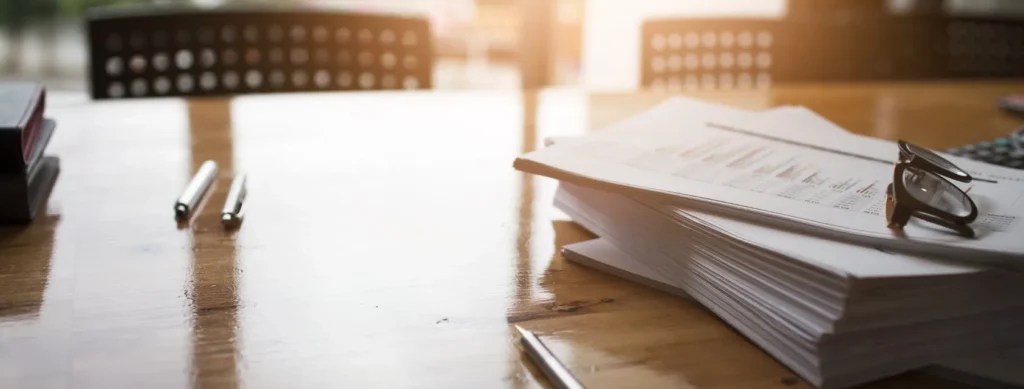There are certain reliefs that can further reduce the Capital Gains Tax owed on the sale of your property. These are Private Residence Relief and Letting Relief.
Private Residence Relief
Homeowners who sell their main residence don’t pay any CGT on their property. They receive Private Residence Relief.
You pay Capital Gains Tax when selling property that’s not your main residence, but you may be eligible for some Private Residence Relief if you lived in the property previously. This is known as partial relief.
If you’re selling a property that functioned as your main residence:
- You don’t pay any CGT for the time you officially lived in that property. You receive Private Residence Relief for that period
- You don’t pay any CGT for the final 9 months you owned that property, regardless of whether you rented it out or not. You receive Private Residence Relief for those final 9 months
If you’re selling a property that’s registered as your main residence and you let out part of it:
- You’re eligible for Private Residence Relief for the percentage of the home you occupy – e.g. you live in 60% of the property and let out 40%
The formulas to follow to work out which part of the gain is covered by Private Residence Relief and is extempt from CGT are:
Total gain (£) x (Period you occupy property as main residence in months ÷ Total period of ownership in months)
OR
Total gain (£) x Percentage ownership
Letting Relief
Letting Relief is only available to landlords selling property in circumstances that meet specific criteria. Letting Relief can reduce the Capital Gains Tax payable on a property by up to £40,000 of tax-free gains.
To qualify you must:
- Already qualify for partial Private Residence Relief, i.e. you previously lived in the property you’re selling
- Have let out part of the property as residential accommodation while also living in another part of the same property as your only or main residence
Since April 2020, you can only claim Letting Relief if you lived in the property at the same time as your tenant during the letting period. Letting Relief no longer applies if you rented out the whole property without occupying it yourself.
The amount of Letting Relief you can claim is the lowest of the following:
- The same as the amount of Private Residence Relief you’re going to receive
- £40,000
- The chargeable gain you make from the letting – i.e. the gain you make for the period you rented out the property while also living in it
This means that, in addition to the Private Residence Relief you can claim, you may also receive Letting Relief, which will be the lowest of the 3 amounts above.



